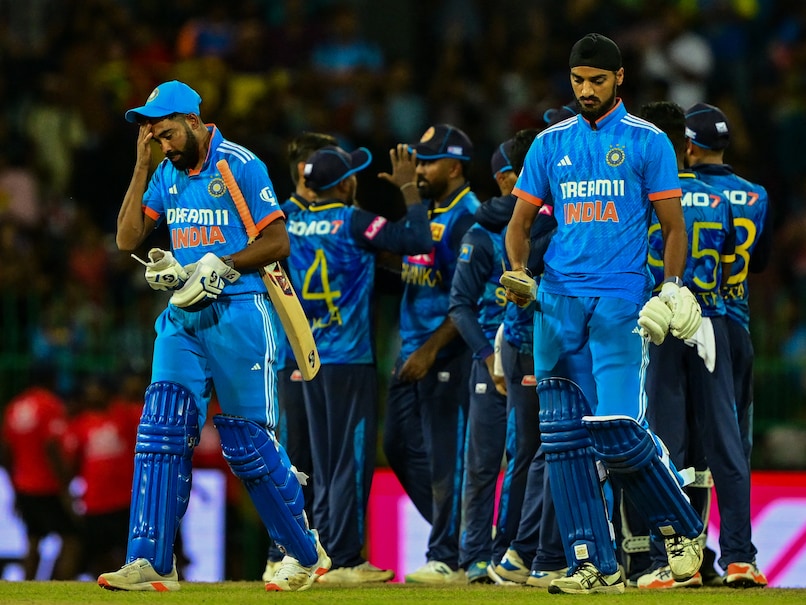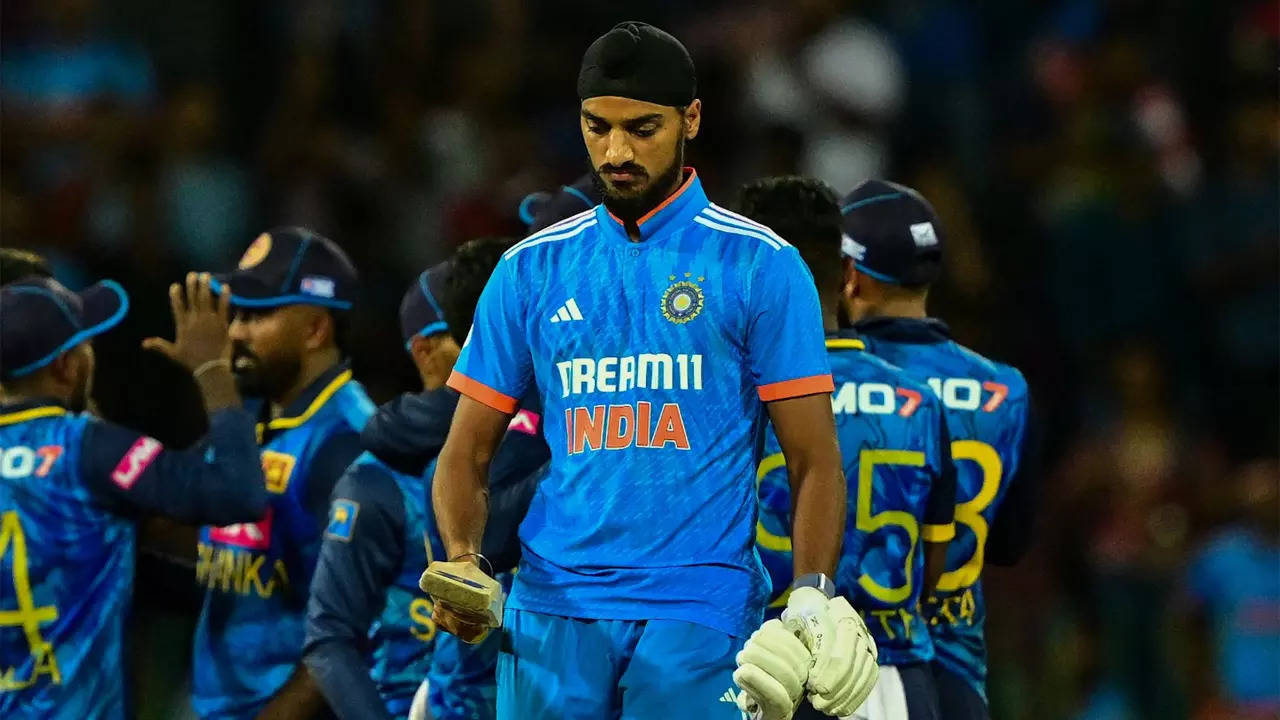India’s Tied ODI Against Sri Lanka: Super Over Controversy
India’s Tied ODI Against Sri Lanka: Why No Super Over?
The Indian cricket team’s recent tied ODI against Sri Lanka has raised questions about the absence of a Super Over. Despite the scores being level at the end of regulation play, the match was declared a tie, sparking confusion among fans and experts alike.
According to the International Cricket Council’s (ICC) playing conditions, a Super Over is mandatory in case of a tie in 50-over matches. However, in the first ODI against Sri Lanka, on-field umpires Joel Wilson and Raveendra Wimalasiri opted against a Super Over, leaving the match as a tie.
The ICC has not yet commented on the matter, nor has the Indian team management. However, a report in Cricbuzz suggests that the umpires made the decision based on the playing conditions, which state that a Super Over may be omitted if “exceptional circumstances” arise.
The absence of a Super Over has been met with mixed reactions. Some argue that it deprived India of a potential victory, while others believe that the tie was a fair result given the challenging conditions.
The match itself was a low-scoring thriller, with India chasing a target of 231. Skipper Rohit Sharma played a brilliant knock of 58 off 47 balls, but the rest of the Indian batting lineup struggled against Sri Lanka’s spin attack.
Charith Asalanka played a crucial role for Sri Lanka, taking two wickets in quick succession to level the scores. The match eventually ended in a tie, marking the 44th such occurrence in ODI history.
The absence of a Super Over in the first ODI against Sri Lanka has highlighted the need for clarity in the ICC’s playing conditions. It remains to be seen whether the ICC will address this issue in the future to ensure consistency in the application of the rules.


